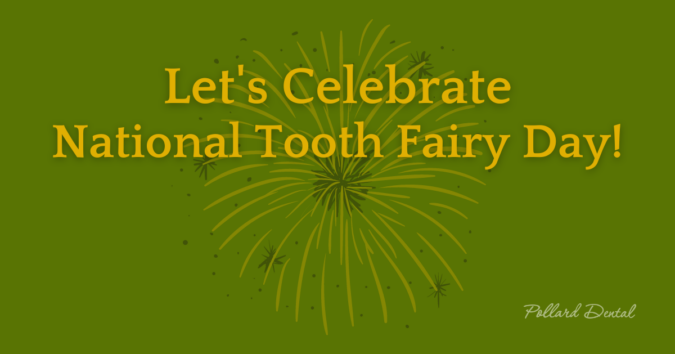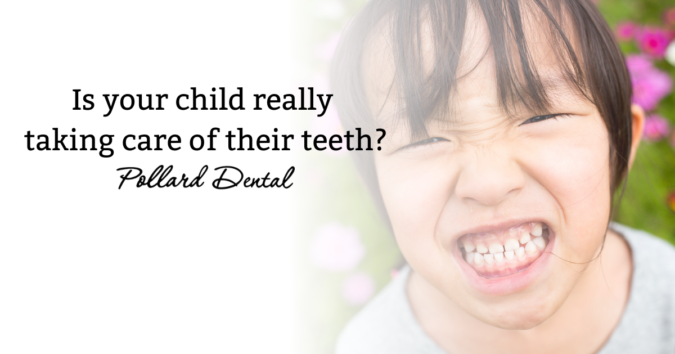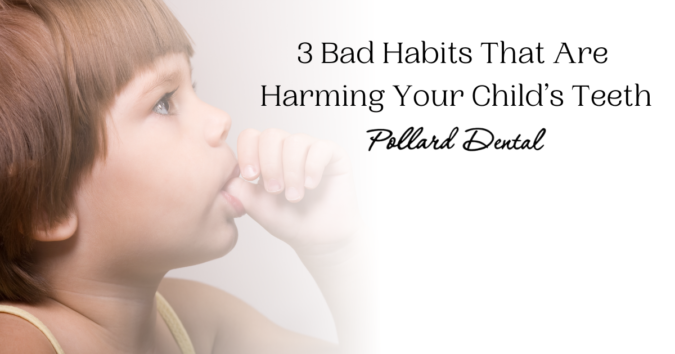Does Thumbsucking And Pacifier Use Harm Teeth?
Do you have an infant, child, or young one in your life who uses a pacifier or sucks their thumb? Both are common self-soothing techniques and help teach infants about the environment around them. As infants grow into toddlers, using a pacifier or sucking their thumb becomes a coping mechanism when the child feels anxious or overwhelmed by a situation. At a certain age, pacifier use and thumbsucking become problems for teeth and oral health.






